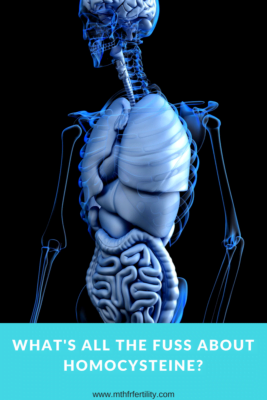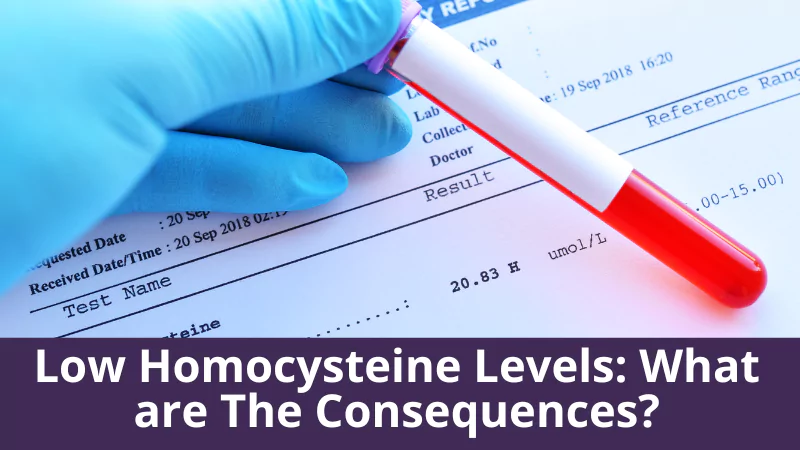When a patient presents with low motivation, emotional flatness, addictive behaviours, or an inability to complete even simple tasks, it’s easy to mistake them as “non-compliant” or “uncommitted.”
But what if the problem isn’t psychological?
What if it’s biochemical?
In clinical genomics, we now understand that fast COMT activity—driven by genetic variation—can deplete dopamine levels so drastically that it mimics the clinical presentation of apathy, depression, and even ADHD.
—
Meet COMT: The Dopamine Regulator
COMT, or catechol-O-methyltransferase, is a methyltransferase enzyme that breaks down catecholamines—dopamine, noradrenaline, and adrenaline. It’s also involved in oestrogen detoxification, making it a cornerstone in both mental and hormonal health.
What does fast COMT enzyme activity actually mean?
If someone has a fast COMT, it means dopamine, adrenaline and hormones, can be broken down too quickly.
Think of it as a bucket with a hole in the bottom. No matter how much dopamine you produce, it leaks out before the body can use it effectively.
—
Clinical Symptoms of Fast COMT
Patients with **fast COMT** often present with:
- Lifelong low motivation and emotional blunting
- Difficulty with follow-through (projects, jobs, relationships)
- High susceptibility to “self-medicating behaviours” (alcohol, cannabis, thrill-seeking)
- Poor memory or difficulty experiencing pleasure
- Fatigue that isn’t improved by rest
- A tendency to “numb out” under stress
- Suicidal tendencies
They are often dismissed as lazy, disengaged, or resistant to help—but what they’re really experiencing is a neurotransmitter deficit- particularly dopamine.
—
Dopamine Flatlining vs. Dopamine Overflow
This is the **dopaminergic opposite** of your COMT slow, “A-type” personality patients who are intense, driven, focused, but anxious and overwhelmed.
Here’s a simplified contrast:
| Feature | COMT Fast (Low Dopamine) | COMT Slow (High Dopamine) |
| Motivation | Low | High |
| Emotional Drive | Flat | Intense |
| Focus | Poor | Laser Sharp |
| Stress Tolerance | Low | Can cope well—until they snap |
| Addiction risk | High | Low |
| Treatment Need | Build Dopamine | Metabolise excess Dopamine |
Genetic + Environmental Interactions
Of course, genes are not destiny.
COMT function is heavily influenced by environmental and nutrient factors including :
- SAMe and magnesium levels in the body
- High stress, oestrogen dominance, inflammation can impact dopamine metabolism
- Methylation capacity must be considered (MTHFR, DHFR, B12 status)
Which means you can support a “leaky bucket” in two ways:
- Slow the leak
- Fill the bucket
But here’s the clinical trick: You must match the strategy to the patient’s SNPs—otherwise you risk overstimulating a system that’s already depleted.
—
Case Example: The Dad Who Got His Life Back
A 40-year-old male presents with:
- Depression since age 13
- Severe alcohol use (14+ beers/day)
- Chronic fatigue, poor motivation, brain fog
- Addictive thrill-seeking (hang-gliding, fast driving)
Genetic testing showed:
- COMT (fast)
- Low B12 markers
- MTHFR C677T++
Treatment focused on:
- Dopamine precursors- to top up the bucket
- COMT inhibitors – to slow metabolism
- Niacin to reduce methylblock and anxiety
- Gut support + inflammation reduction
- Lifestyle strategies to stabilise blood sugar and promote protein intake
Within one month, he had cut alcohol use by 80%, depression lifted, motivation returned, and energy increased significantly.
This is the power of using genomics in practice.
—
Learn How To Support People With Mental Health
If this sparked clinical insights for you—good. This is only one piece of the mental health genomics puzzle.
At our upcoming 2-day live workshop in Perth, we’ll walk you through the important genes that you can test your patients for, impacting their neurotransmitter pathways and methylation pathways. You’ll get real-world case applications to help you confidently treat patients with anxiety, depression, OCD, addictions and more.
Functional genomics is no longer a “nice to have.” It’s the future of personalised mental health treatment—and it’s here now.








